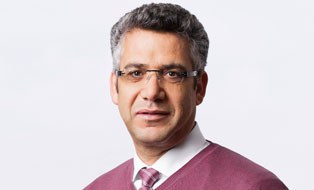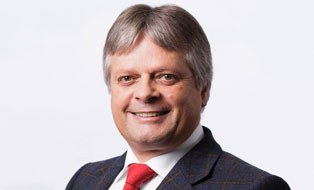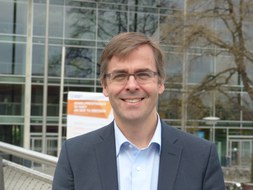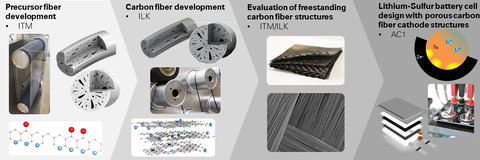Development of customized multifunctional carbon fibres with cross-scale interconnecting pore systems for the storage of high density energy
Global megatrends like the decrease of natural resources combined with an increasing individualised lifestyle lead to energy storage and lightweight design as future key technologies to realise innovative mobility concepts. In this context, the use of new, adapted materials with high functional density is of unique importance for the development of novel high-tech products.
Carbon fibres (CF) provide an enormous potential for energy storage due to their high inner surface which is currently not accessible. Based on a fundamental understanding of the process parameter-structure-property-relations of CF, not only stiffness and strength can be increased but the cross-sectional inner structure can also be selectively adjusted. The focus of this study is therefore the development of CF with a hierarchically interconnected pore system. A high specific surface to store a maximum amount of energy without significant loss of mechanical properties compared to conventional CF is the final goal of the research project.
Two main research areas are addressed: (1) PAN-based CF with sufficient mechanical properties with at least doubled energy density for the use as ‘structural batteries’ and (2) CF for energy storage applications with at least quadrupled energy storage capability based on cost-efficient Lignin precursors. Both approaches are targeted on flexible EDLC with fast energy storage and Lithium-sulfur (LiS) batteries with high gravimetric energy density. With CF that combine current collector and active functions, a breakthrough in energy storage systems and e-mobility will be achieved. Beside commercially available Lithium-ion batteries, LiS batteries are suggested as next generation batteries. Currently there are no commercial LiS batteries except of prototypes which use carbon black as a conductive material on the collector. Compared to such a benchmark, CF electrodes require specific pore sizes and pore distributions (LiS: micro pores < 2 nm, meso pores 2-50 nm, macro pores > 50 nm; supercap: micro pores < 2-5 nm, meso pores 40-60 nm), and specific inner surfaces (LiS: 2000-3000 m²/g, supercap: 2000 m²/g). These pore characteristics must be realised to guarantee the diffusion processes in a powerful battery system simultaneously with sufficient mechanical properties.
This project e-Carbon receives funding of the research project e-Carbon (Project ID: 100310387) by the European Social Fund (ESF) and Aufbaubank Saxony (SAB).
Contact
ContactContactContact
 © Christian Hüller
© Christian Hüller
Mr Univ.-Prof. Dr.-Ing. habil. Dipl.-Wirt. Ing. Chokri Cherif
Head of the Institute and the Chair of Textile Technology
Send encrypted email via the SecureMail portal (for TUD external users only).
 © Christian Hüller
© Christian Hüller
Distinguished Senior Professorship
NameProf. Dr. rer. nat. Hubert Jäger
Send encrypted email via the SecureMail portal (for TUD external users only).
Institute of Lightweight Engineering and Polymer Technology
Visitors Address:
DÜR, Floor 1, Room 71 Holbeinstr. 3
01307 Dresden
Deutschland
 © TUD/Ak Kaskel
© TUD/Ak Kaskel
Professor
NameMr Prof. Dr. rer. nat. habil. Stefan Kaskel
Send encrypted email via the SecureMail portal (for TUD external users only).
Visiting address:
Chemie/Hydrowissenschaften, Room 461 Bergstraße 66
01069 Dresden


